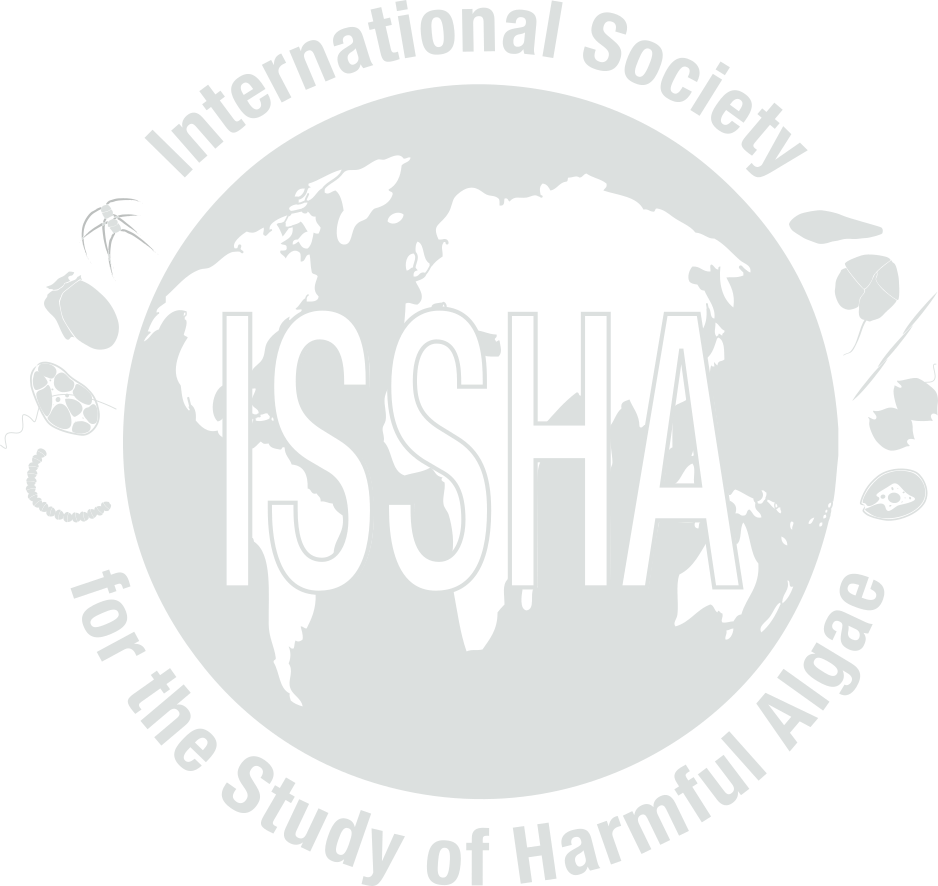


| Event name: | GR-00-001 | |
| Country: | GREECE | |
|
Nature of the harmful event: |
High Phyto concentration , Seafood toxins | |
|
Event directly affected: |
Humans | |
| Toxicity detected: | Yes | |
| Associated syndrome: | DSP | |
| Unexplained toxicity: | ||
| Species implicated in toxin transmission (transvector): | mussels | |
| Report the outcome of a monitoring programme: | Yes (EUROHAB) | |
| Event occurred before in this location: | No | |
| Individuals to contact: | SCHWEIBOLD Laura | |
| Location: | Latitude: 40.299722, Longitude: 22.783056 | |
| General location information: |
Thermaikos, HAB Area code(s): GR-01 |
|
| Additional location information: | ||
| Bloom event dates (yyyy/mm/dd): |
Event Date:2000-01-01 |
|
| Quarantine levels dates (yyyy/mm/dd): | ||
| Additional date-related information: | ||
| Causative organism known: | Yes | |
| Causative Species/Genus: |
Dinophysis acuminata
( cells/L)
|
|
| Co-Ocurring Species/Genus: | ||
| Chlorophyll concentration, if known: | µg/l | |
| Additional bloom information: | ||
| Event-related bibliography: | Koukaras, K.; Nikolaidis, G. Dinophysis blooms in Greek coastal waters (Thermaikos Gulf, NW Aegean Sea). J. Plankton Res. 2004, 26, 445–457. | |
|
||||||||||||||||||||||||||
| Nutrient information: | ||||||||||||||||||||||||||
| Temperature Range During Event: | Max: °C, Min: °C | |||||||||||||||||||||||||
| Salinity Range During Event: | ||||||||||||||||||||||||||
| Bloom location in the water column: | ||||||||||||||||||||||||||
| Growth: | ||||||||||||||||||||||||||
| Growth Comments | ||||||||||||||||||||||||||
| Additional Environmental information: | ||||||||||||||||||||||||||
|
|||||||
| Kit used: | Type of kit used: | ||||||
| Additional information: | |||||||
| Economic losses: | estimated losses in the shellfish industry of about 5 million euros | ||||||
| Management decision: | |||||||
| Additional harmful effect information: | 200 people were hospitalized | ||||||
